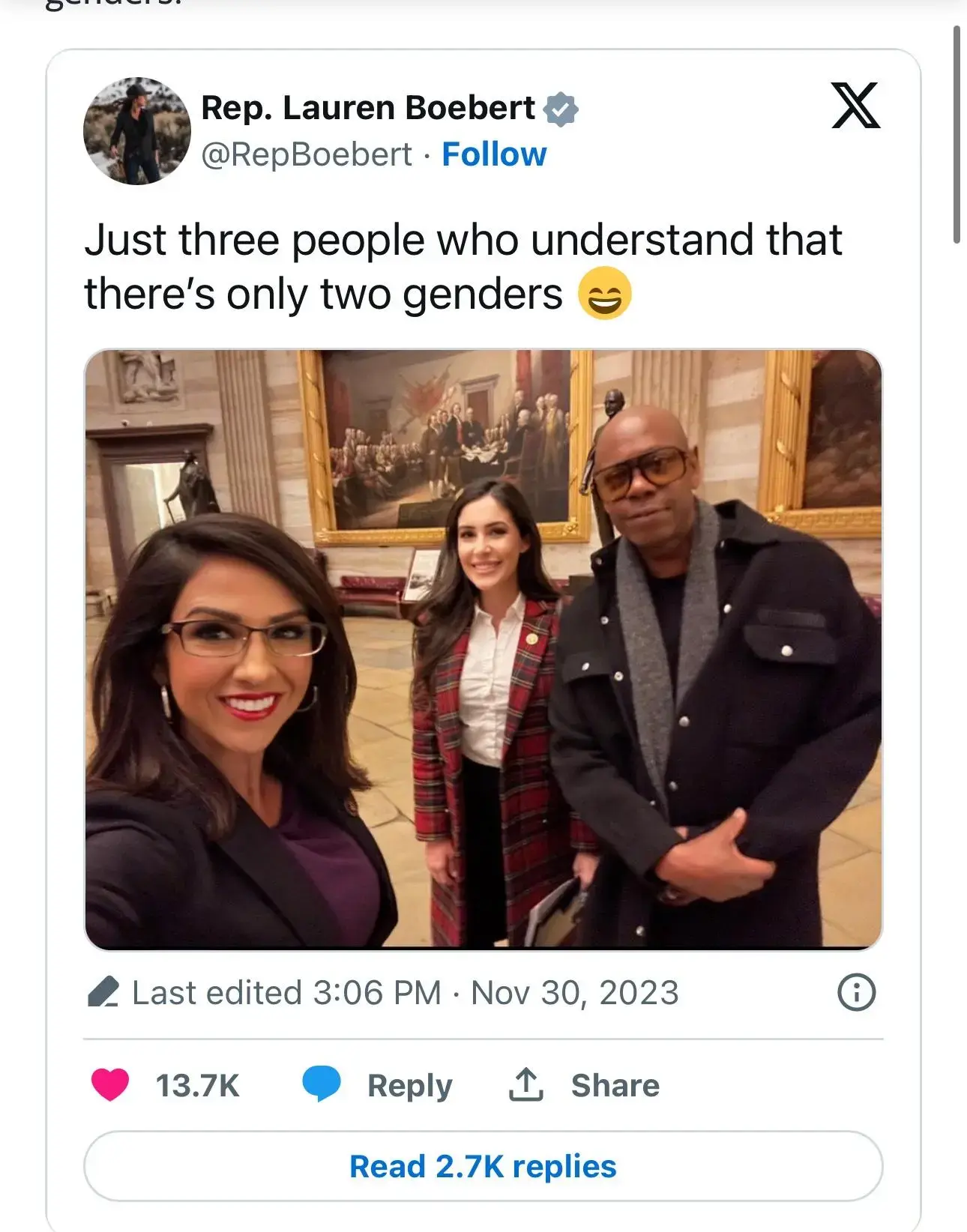ARC–Southeast had expected to reapply for more funding once that grant expired; the demand from abortion seekers was growing only more acute as more states imposed bans. But after the abortion fund published its Palestine solidarity letter last year, Schusterman moved to distance itself from its grantee. In the weeks following the letter’s release, the foundation informed ARC–Southeast that, rather than pay the third installment of the grant as normal, it would route it through a third-party donor-advised fund. The staff surmised that the change had been made “so that Schusterman’s name was not attached to funding us,” Springer told me. They had reason to worry: An employee at the foundation, whom Springer described as an “ally,” had warned them in an off-the-books meeting that the solidarity statement had put their funding in jeopardy. In late July, after the final installment, of $325,000, had arrived via the third-party fund, a Schusterman official told ARC–Southeast in an email that the payment amounted to a “tie-off/closing grant,” and that the foundation was “waiving any pending report requirements,” according to Springer, who read me the email. In philanthropy-speak, Schusterman was saying that it didn’t want to hear from ARC–Southeast again. (Roben Smolar, a spokesperson for Schusterman, disputed the idea that the philanthropy had cut ties with the abortion fund for political reasons, telling me in an emailed statement that the foundation “made the strategic decision long before October 2023 to shift away from funding individual funds to a long-term approach that will advance broad-scale access across the country,” and adding, “Our level of giving to abortion access has not changed—in fact, it has increased.” She declined to elaborate or answer further questions.)
Donors’ break with abortion funds is just one example of a quiet crackdown currently underway inside the veiled world of American philanthropy. In conference rooms, Zoom meetings, and email inboxes, largely hidden from public view, funders who style themselves as champions of progressive values are conditioning their grants on support for—or, at least, silence about—Israel’s brutal campaign in Gaza, denying resources to organizations they had previously supported and praised. More than 40 interviews with people on either side of the grantmaker–grantee divide reveal a pattern of funding decisions that punish expressions of Palestinian solidarity, affecting social justice organizations that work on a range of domestic issues, from police violence and the prison system to environmental justice and the affordable housing crisis. For funders—including prominent Jewish family foundations like Schusterman—the enforcement of Israel-related guardrails lays bare the contradictions inherent in a philanthropic portfolio that pursues a progressive domestic agenda while promoting allegiance to the Jewish state. “These liberal Zionist foundations were not necessarily hiding their focus on Israel, and their support of Israel, as part of their philanthropic work,” before October 2023, said Rebecca Vilkomerson, a former executive director of the anti-Zionist organization Jewish Voice for Peace who now co-directs Funding Freedom, which organizes for Palestinian liberation within philanthropy. “It’s just that there was an apparent dividing line between the support for progressive causes—which is in line with the ‘liberal’ part of liberal Zionist—and the Zionist causes. And now they’re feeling forced to choose, and they’re choosing Zionist over liberal.”

no offense but: i can't believe that a statist society, which gives the state a monopoly on violence, gets to decide who lives or dies